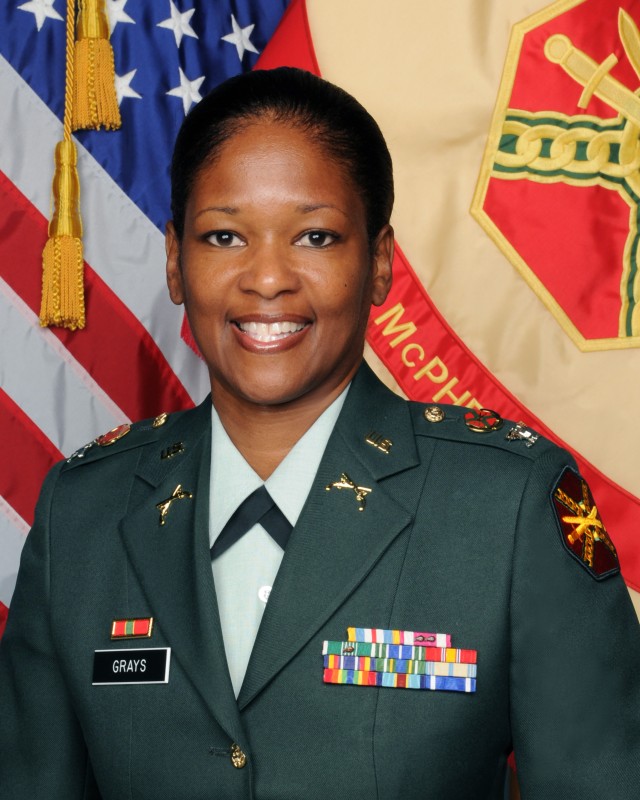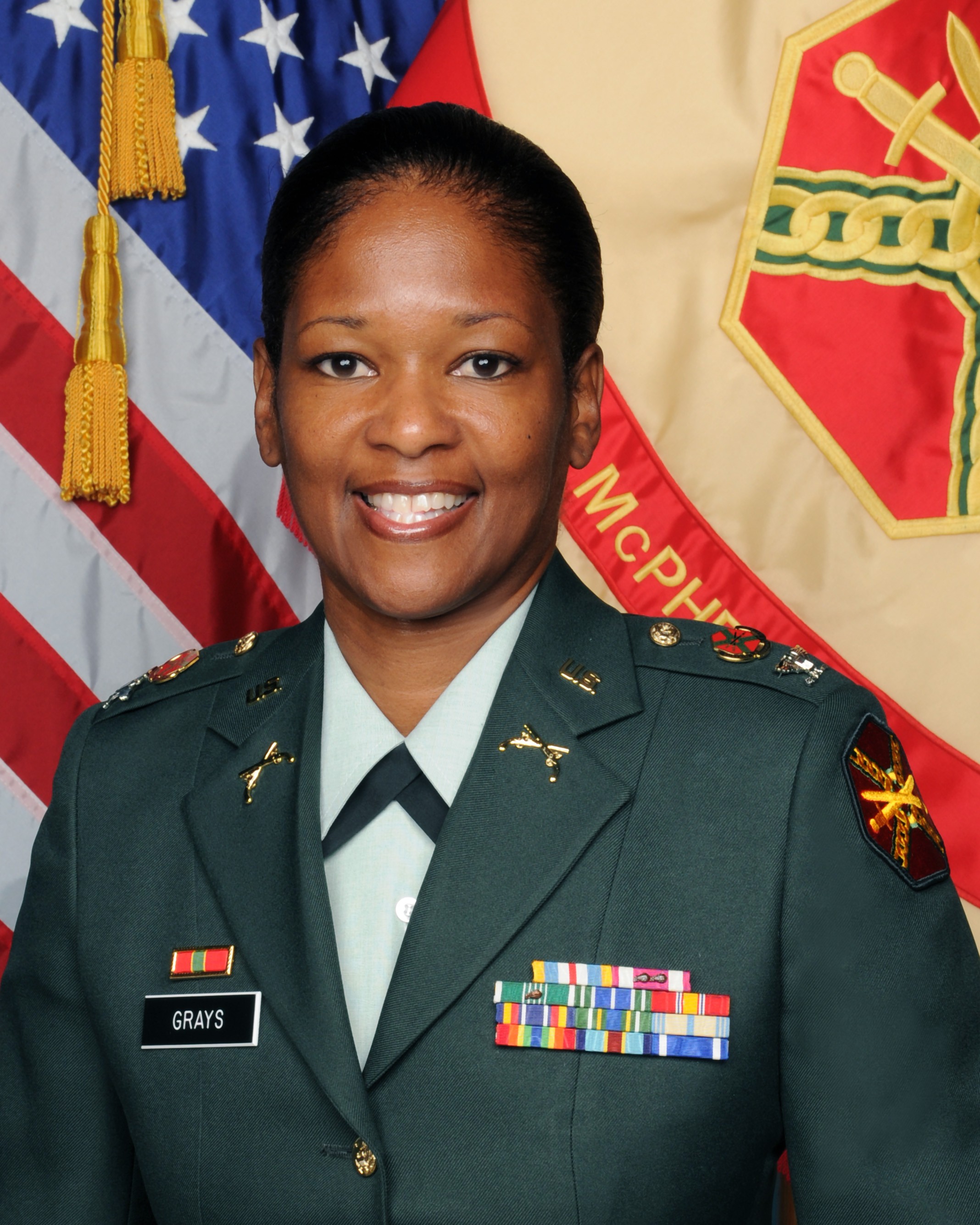Commander's Corner
Garrison Commander
Fort McPherson & Fort Gillem
April is National Sexual Assault Awareness Month and provides us with an opportunity to highlight the Army's ongoing commitment and initiatives to aggressively address sexual harassment and assault.
Our focus continues to be prevention, caring for victims, taking appropriate action against Soldiers who commit offenses and constant monitoring and refining of our Sexual Harassment/ Assault Response and Prevention (SHARP) program and related strategies and policies.
Sexual assault is intentional sexual contact characterized by the use of force, physical threat or abuse of authority, or when the victim does not or cannot consent. Sexual harassment and assault are contrary to Army values.
The Army initiated a key prevention campaign called "I. A.M. Strong," where the letters I, A and M stand for Intervene-Act-Motivate. The campaign features Soldiers as influential role models and provides peer-to-peer messages outlining the Army's intent for every Soldier to intervene to protect fellow Soldiers.
The "I. A.M. Strong" campaign was launched in September 2008. The SHARP office is actively promoting the program with numerous initiatives.
Criminal Investigation Command (CID) and Office of the Judge Advocate General personnel take steps to support victims and hold offenders accountable through these steps:
- Hire national experts in prosecution and investigations
- Hire and placing 30 special investigators and 15 prosecutors at Army installations with the highest occurrences of sexual assault
- Hire 35 examiners at the U.S. Army Criminal Investigation Laboratory
- Fund specialized training with the National Advocacy Center for our prosecutors
- Establish a mobilized investigation training team to train CID battalions
The DoD released the "Fiscal 2008 Report on Sexual Assault in the Military" March 17.
The report on sexual assault, prepared by the Sexual Assault Prevention Office, provides Congress with an overview of the Sexual Assault Prevention and Response Program and data on alleged sexual assaults involving members of the armed forces.
In fiscal year 2008, the department received 2,908 reports of sexual assault involving servicemembers, representing an 8-percent increase from fiscal year 2007. There were 753 restricted reports filed in fiscal year 2008.
The restricted reporting option allows a military member to obtain care confidentially without initiating an investigation. This year, 110 victims converted their report from restricted to unrestricted.
"We believe the increased number in reporting means servicemembers feel more comfortable reporting the crime and are getting the care they need," said Gail McGinn, deputy undersecretary of defense (plans).
The report also showed that court-martial actions substantially increased from 30 percent in fiscal year 2007 to 38 percent in fiscal year 2008, meaning military commanders referred 8 percent more cases to trial.
Sexual assault is a very underreported crime. If it isn't reported, it isn't prosecuted. If you have been a victim of sexual assault, I urge you get the help you need. The decision to report the crime as restricted or unrestricted is totally up to you.
We respect your wishes. Our goal is to get you the help you need and, if you choose to report unrestricted, we will pursue prosecution.


Social Sharing